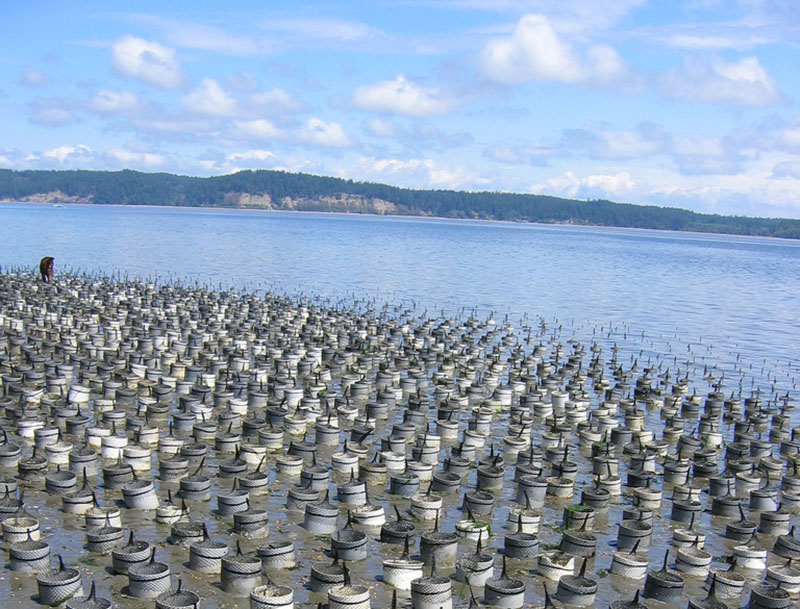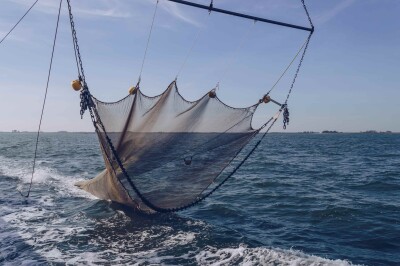Shellfish, sea cucumbers, geoduck clams, seaweeds and biofuels are crops envisioned by a group of Alaskans who are crafting a framework for a statewide mariculture industry expansion.
An 11-member task force created last February by Governor Walker has wasted no time advancing its mission to put a comprehensive report on Walker’s desk by next March. The group, which has been meeting regularly, also has attracted wide interest from Alaskans who want to serve on advisory committees as the plan takes
shape.
The advisory committees include research and development, the environment, regulatory issues, investment and infrastructure, workforce development, and public education and marketing.
“I get several calls a week from interested parties who want to participate,” said Barbara Blake the governor’s point person on the task force. “People are charged up for this. It’s a new concept that allows our communities to engage in a way that allows them to maintain their residence in our rural coastal regions. Everyone participating is really committed to developing something that will be beneficial for the entire state.”
Republican Senator Lisa Murkowski also has gotten onboard with the hiring of Charlotte Regula-White, a marine biologist who will be the Senator’s mariculture point person.
Globally, shellfish and sea weeds add up to multi-billion dollar sustainable industries and in Alaska, much of the necessary infrastructure is already in place from the seafood industry and hatchery programs. Task force member Julie Decker, executive director of the Alaska Fisheries Development Foundation, believes mariculture could become a $1 billion industry for the state in less than 30 years.
At a Feb. 17 public meeting in Juneau, the Task Force will advance its report, and also get an update on a U.S. Department of Energy grant program that moves mariculture into the macroalgae biofuel sector.
“It not only contributes to small operations in our coastal communities, there also are huge benefits by it being a green industry and cleaning our oceans,” said Blake. “There are not any down sides to it. We just need to keep engaging the public so they will see this is something that will potentially benefit all Alaskans.”
Interested? Visit the Task Force website for more information.







